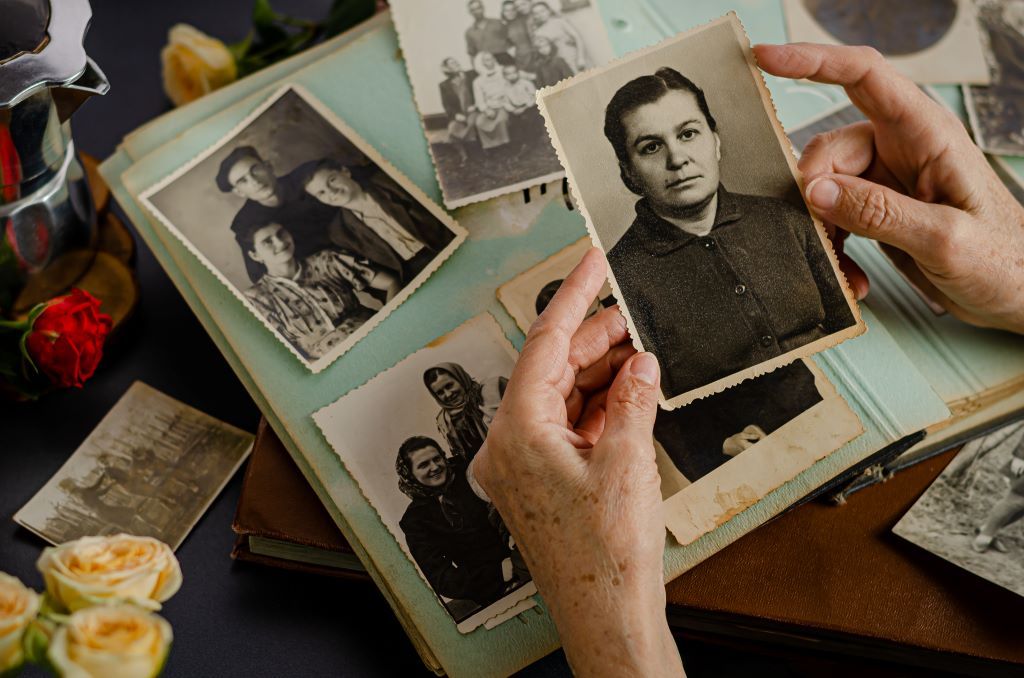
Nobbut Laiking, by Ross Brewster
As a very young kid, I was an avid follower of the radio adventures of Archie Andrews.
For anyone younger than 70, let me explain. Educating Archie was on the BBC Light Programme — that’s radio — on Sunday afternoons in the 1950s. For 10 years it averaged 15 million listeners and had a fan club with 250,000 members. Many of the upcoming comics of the day were in it including Tony Hancock, Dick Emery, Benny Hill, Bruce Forsyth, Hattie Jacques and Max Bygraves.
What was unusual about Archie Andrews is that he was a dummy, the creation of ventriloquist Peter Brough. And yes, you are right to ask the question. How did we radio listeners know Brough was not moving his lips? Significantly his career took a dip when TV arrived in British households.
From a radio ventriloquist to artificial intelligence, the world has moved on in my lifetime and I have to admit I don’t look forward as optimistically as I once did although us older folk don’t always find solace in looking back either.
American author Thomas Wolfe wrote “you can’t go home again and you should not really try”. He was talking about nostalgia. How the past can seem terribly attractive until it’s examined in greater detail.
A recent poll for the University of Cambridge asked if people, given the choice, would prefer to live in the past or the future with all its potential scientific and technological wonders. The great majority chose the past. They preferred Archie Andrews to space travel.
Millennials are the most disillusioned generation in living memory. Right across the world there is an ever-widening gap between youth and older generations on how they perceive the functioning of democracy.
The report for the Centre for the Future of Democracy found that satisfaction was in the steepest decline in 18-34 year olds where the most positive view of democracy was provided by populist leaders of both left and right.
Much as it concerns me that we are bequeathing climate change to future generations, I sometimes wonder if there are more prescient threats to the future of humanity as nations, not content with ruining this planet, already strive for power with AI and in space and are turning to the extreme far right for their politics.
In Woody Allen’s film Radio Days, a harking back to family life in the golden age of radio in the 1930s, the narrator says: “What a world it can be, so wonderful if it was not for certain people.”
When I take stock of my life I wonder if the past was as idyllic as memory serves. I think I’ve been lucky to live in a relatively peaceful time even if I was a fraction late to truly benefit from the swinging sixties.
Not long ago I went back to the city where my parents grew up and where many happy childhood holidays were spent. I was disappointed. The street where my mother played as a child had been swallowed up by posh apartments. Everything seemed different, even the people. I knew then that time had changed both it and me.
When the past beckons, I only need to think of Educating Archie to drag myself back to the present — and be jolly grateful we’ve moved on for our entertainment from a radio ventriloquist whose lips moved.
How times change
Christmas television viewing is synonymous with Morecambe and Wise. So I was surprised to learn that another comedian holds the record for the largest Christmas Day audience, Mike Yarwood. His December 25th show in 1977 was watched by 21.4 million viewers.
Yarwood, who was a TV regular from the 1960s to the 1980s, was famous for his impressions of politicians and fellow entertainers. His best-known take-off was Harold Wilson. When Wilson was Prime Minister it’s reputed that while working on state papers he asked his wife Mary to “give me a shout when I’m on”.
When Yarwood died in September, the Guardian’s obituary suggested not many people under the age of 40 would know who he was. His career was marred by stage fright and he slipped out the public eye.
In his heyday TV shows regularly drew audiences of 18 million. These days they think they are doing well when programmes like Strictly and I’m A Celebrity get half that.
If only today’s politicians had a fraction of Alistair Darling’s honesty and honour
Contrast politicians if you will. Following the recent death of former Chancellor Alastair Darling, I could not help comparing this essentially humble character with some of the more voluble and far less competent people in Parliament today, not least a former Prime Minister known to all and sundry as Boris.
Darling put service before self and service to the country above party politics. If only some of those who sit on the benches in the Commons these days had a fraction of his honesty and honour.
Who’s the real villain in all of this?
ON the Covid inquiry, there’s been much blame shifting and no doubt the Government’s response could have been sharper. But it strikes me that the real villain of the pandemic has not been blamed yet — the virus that took the world by surprise and led to countless deaths.








